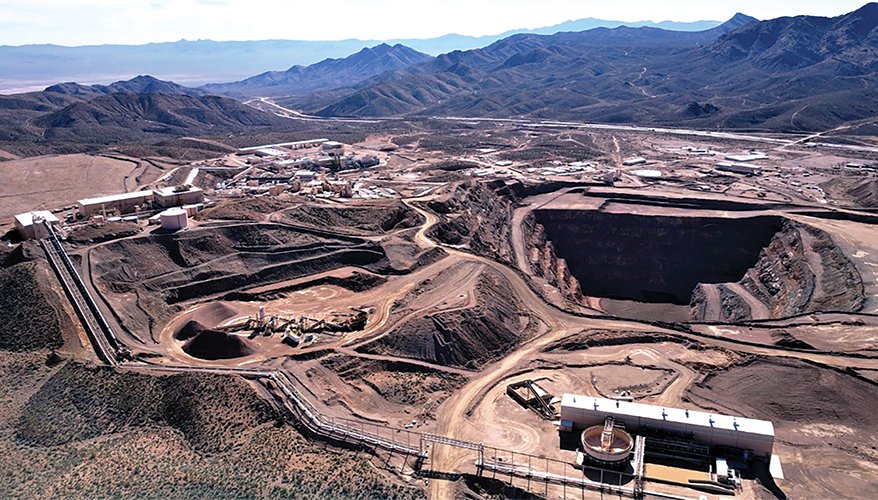Minerals play a vital role in maintaining and preserving the environment. From supporting sustainable energy solutions to promoting ecological balance, minerals have a profound impact on various aspects of environmental conservation. In this blog post, we will explore how minerals contribute to the well-being of our planet and the importance of their responsible extraction and usage.
- Minerals in Renewable Energy:
Renewable energy sources such as solar, wind, and hydroelectric power heavily rely on minerals for their efficient functioning. For instance, solar panels require silicon, a mineral, to convert sunlight into electricity. Wind turbines utilize rare earth minerals like neodymium and dysprosium in their powerful magnets. By facilitating the transition towards clean energy, minerals help reduce greenhouse gas emissions and combat climate change. - Minerals in Water Treatment:
Minerals play a crucial role in water treatment processes, ensuring the availability of clean and safe drinking water. Minerals like activated carbon, zeolite, and alum are used in filtration systems to remove impurities, toxins, and heavy metals from water sources. These minerals help in maintaining the ecological balance of aquatic ecosystems and safeguarding human health. - Minerals in Soil Fertility:
Agriculture heavily relies on minerals to maintain soil fertility and promote healthy plant growth. Essential minerals like nitrogen, phosphorus, and potassium, known as NPK, are vital for crop production. Additionally, trace minerals such as iron, zinc, and manganese are necessary for the proper functioning of plant enzymes and metabolic processes. By ensuring nutrient-rich soil, minerals contribute to sustainable and productive agriculture. - Minerals in Environmental Remediation:
Minerals also play a significant role in environmental remediation, helping to clean up polluted sites and restore ecosystems. For example, minerals like zeolite and activated carbon are used to absorb and remove contaminants from soil and water. Additionally, minerals like limestone can neutralize acidic soil, promoting the growth of vegetation and restoring ecological balance in affected areas. - Minerals in Sustainable Construction:
The construction industry relies on minerals for the production of cement, concrete, and other building materials. By incorporating mineral-based materials like fly ash, slag, and silica fume, construction projects can reduce their carbon footprint and promote sustainable practices. Furthermore, minerals like gypsum and limestone are used in the production of eco-friendly building materials, contributing to energy efficiency and reducing environmental impact.
Conclusion:
Minerals play a multifaceted role in environmental conservation, supporting renewable energy, water treatment, soil fertility, environmental remediation, and sustainable construction. Their responsible extraction, usage, and recycling are crucial for minimizing environmental degradation and ensuring a sustainable future. By recognizing the importance of minerals and adopting eco-friendly practices, we can harness their potential to protect and preserve our precious environment for generations to come.

More Stories
Plastic to Pyrolysis Oil Solution: A Sustainable Pathway for Plastic Waste Conversion
Yukun Qiangwei Motor Unveils 2023 Diesel Generator Price List with Specs for Home Use
Solar Panel and Cell FAQ: Your Guide to Tailored Solutions from a Professional Maker